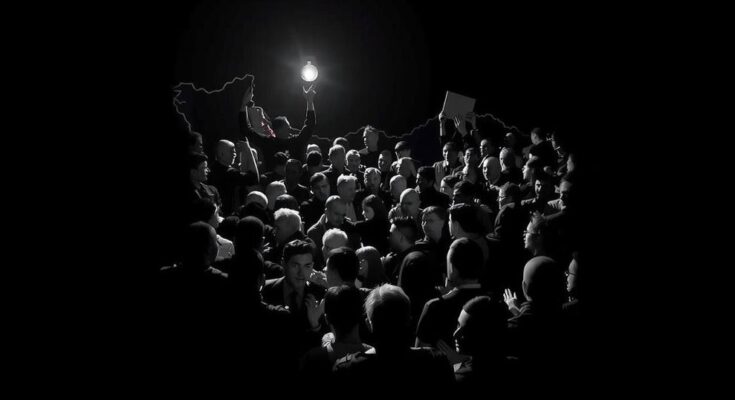Mai Sato, the new UN expert on Iran’s human rights, denotes a grim landscape for civic freedoms as executions soar and women face worsening conditions. She emphasizes the need for transparency in a context marked by repression and highlights the role of civil society in voicing concerns amid restrictions. Dialogue with the Iranian government is essential to her mandate, although historical patterns indicate challenges ahead.
Civic space in Iran is in distress as the shadows of repression grow ever darker, with human rights advocates and journalists facing persecution under ambiguous national security laws. Mai Sato, the newly appointed UN independent expert, expressed grave concerns about transparency, escalating executions, and the deteriorating status of women during her recent discussions at UN Headquarters. Her mission commenced in August, and she emphasized the importance of a collaborative approach with Iranian civil society to gather vital information amid restricted access to the country. With reports of human rights defenders being targeted and detained, Sato characterized the environment as one where freedom of expression is increasingly stifled, leading to a rise in political incarcerations and neglect of medical care in prisons. The situation for women has not improved post the Women Life Freedom movement, with new legislation, including a chastity and hijab bill, posing further punitive measures against non-compliance. Additionally, Iran has seen a troubling resurgence in executions, particularly for drug offenses, highlighting systemic issues within its legal framework. In her pursuit of accountability, Sato remains hopeful about engaging in dialogue with the Iranian government, although she acknowledges a historical pattern of thwarted access for UN officials into the country. This ongoing struggle paints a vivid picture of a society where the quest for rights and freedoms clashes against a backdrop of rigid state control and societal constraints.
Mai Sato recently assumed the role of Special Rapporteur on human rights in Iran, shedding light on the alarming state of civic freedoms. Her engagement coincides with a troubling rise in executions and restrictive governmental policies impacting civil society and women’s rights. The context necessitates an exploration of the relationship between the UN and Iran, particularly in terms of transparency and the flow of information, as well as the role of civil society organizations in advocating for human rights in an unfavorable environment.
In her new role, Mai Sato is focusing on the pressing human rights challenges facing Iran, particularly the constricted civic space and the escalating number of executions. Although Sato is optimistic about the potential for engagement with Iranian authorities and civil society, the historical context suggests that achieving meaningful change will be complex. her efforts to address these issues will hinge greatly on her ability to navigate the intricate dynamics between the state and its citizens.
Original Source: news.un.org



